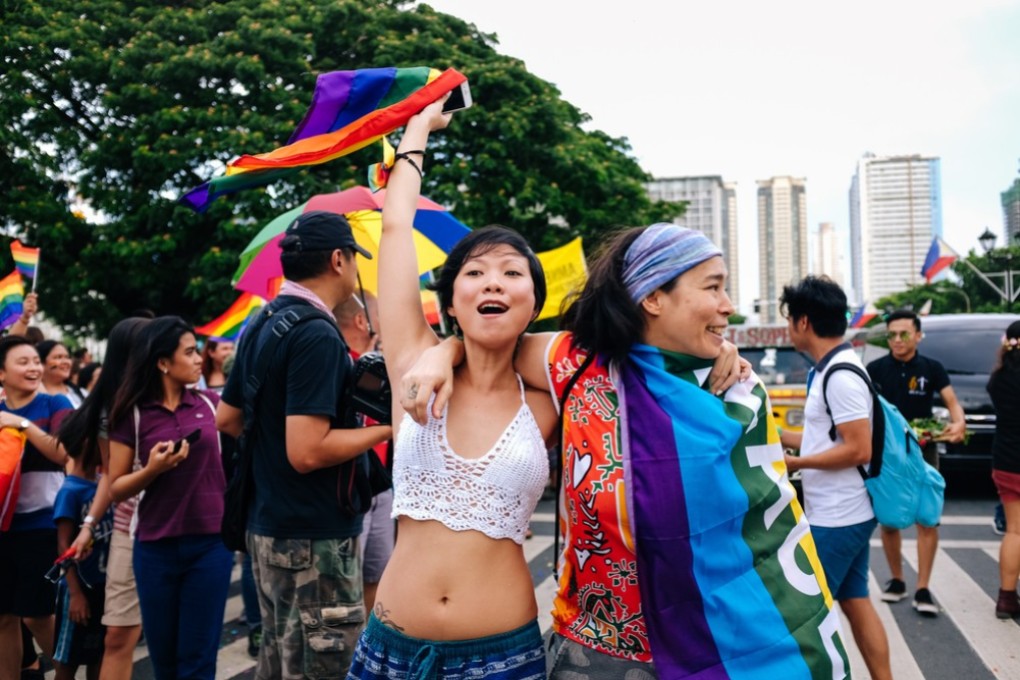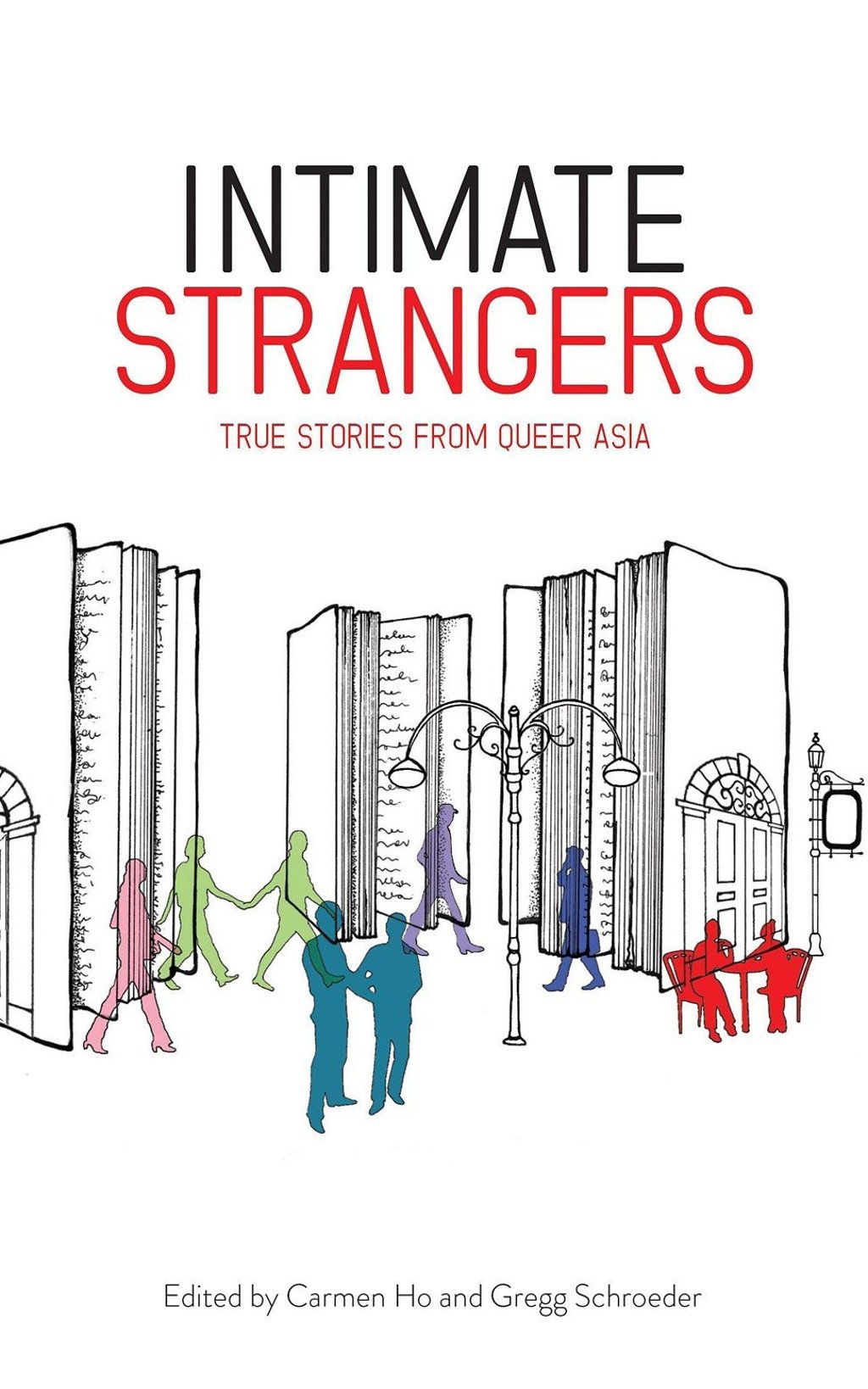Review | Despair. Hope. Depression. Love. True stories of LGBT life in Asia are unflinching, moving and surprising
- Intimate Strangers: True Stories From Queer Asia is a collection of non-fiction stories about what it’s like being LGBT in conservative Asia
- It’s also a showcase of creative language, the stories retaining each writer’s vernacular English to reflect the diversity of experiences and authors

Intimate Strangers: True Stories from Queer Asia, edited by Carmen Ho and Gregg Schroeder, Signal 8 Press, 4/5 stars
Intimate Strangers manages to be two rare things. It is a collection of unflinchingly honest, revelatory and intimate accounts of being LGBT in Asia, where such voices are often brutally silenced or, at best, subdued and ignored. It is also a showcase of creative English non-fiction from Asia.
The editors say they deliberately preserved each contributor’s vernacular English to celebrate “the variety and richness of English as it is used throughout the Asia-Pacific region”. And that is important: an anthology reflecting a diversity of experiences should allow its contributors to sound like themselves which, in any case, can enrich the language.
For example, the story Divine Comedy contains the line: “My utterance to you of the truth was the release I never knew I needed.” This may sound faintly archaic, but it powerfully captures the moment when Agatha Verdadero from the Philippines came out to her dying, elderly mother. The biblical ring of “utterance” and “truth” is in keeping with how she reconciled her religion with her sexuality.

As Alistair Yong points out in Gift from God, there is a lot of misunderstanding about the make-up of the LBGT community in Asia, and people like himself – who “prefer to lead quiet uneventful lives” and hope to find a life partner – are rarely seen and heard.